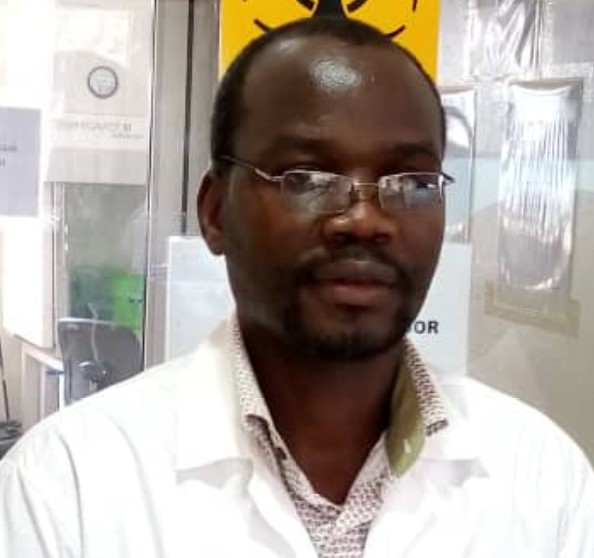Project Summary
Despite increasing interventions and funding directed towards eradicating the tuberculous bacilli, 1.2 million deaths and 10 new million cases are estimated by World health organization annually. Due to these high incidences, tuberculosis (TB) is reported as one of the 21st-century public health emergencies. The high estimated prevalence that is reported in TB is largely due to the emergence and persistence of multi-, extremely- and total drug-resistant (MDR, XDR, and TDR) strains, respectively, lack of an effective vaccine, delay in diagnosis of the disease and the low protection by the current BCG TB vaccine beyond childhood. The causative agent of TB, Mycobacterium tuberculosis, belongs to a well-characterized family of strains known as the Mycobacterium tuberculosis complex (MTBC). This complex comprises of genetically diverse human- and animal-adapted pathogens belonging to seven lineages (Indo-Oceanic, East-Asian, East-African Indian, Euro-American, M. africanum West Africa 1, M. africanum West Africa 2 and Ethopia), respectively. Differences in the genomic regions of members belonging to this complex are well characterized; however, very few reports have elucidated transcriptome changes, regulatory networks, and pathways that are lineage-specific, especially on clinically relevant drug-resistant strains. Many reports of M. tuberculosis pathogenesis on in vitro and in vivo models are limited to using the well-annotated and characterized laboratory strain, H37Rv. However, the whole Genome Sequence analysis revealed significant differences in gene clusters between clinical strains and the laboratory strain, H37Rv. Recently, differential gene expression profiles were elucidated in MTBC with lineage-specific clustering patterns. Despite interesting findings from this recent report, no data has been generated to understand the role of small RNAs as well as other long non-coding RNAs that are critical in M. tuberculosis virulence. Therefore, it is essential to identify and characterize lineage-specific transcriptome changes associated with their respective regulatory networks, as these can serve as potential drug targets for human and animal-adapted members of MTBC. It is hypothesized that genetically diverse lineages of M. tuberculosis exhibit differential virulence-associated transcriptome patterns and regulatory networks and pathways in a strain-specific manner.




